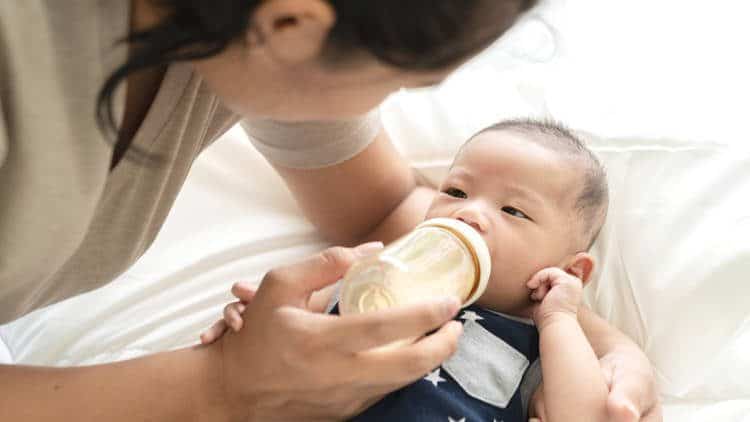Family Child Interaction Learning (FCIL) programs employ a multi-generational, culturally responsive approach that is utilized by many of Hawaii’s Native Hawaiian, Pacific Islander, Asian and immigrant families. Families in these programs either choose to have their infant or toddler cared for by a parent, grandparent, or other family caregiver or cannot afford or find traditional childcare.
The programs are typically operated by non-profit organizations in a variety of settings within neighborhood communities, and on average, children and family members attend group meetings together, usually for three hours a day, two to three days a week. Children attend FCIL programs with a parent, relative or caretaker and the FCIL program delivery model involves both parent participation and child learning time. Activities include group circle time, outdoor play, and a variety of learning stations—music, art, library, science, pretend play, fine motor, and more.
FCILs utilize the Ages and Stages Questionnaire, engaging parents in the screening process. Most programs also screen for vision and hearing; assess parent’s needs, attitudes and skills; and, have professional development on Fridays. In 2017 the programs served over 3,400 children state-wide.


